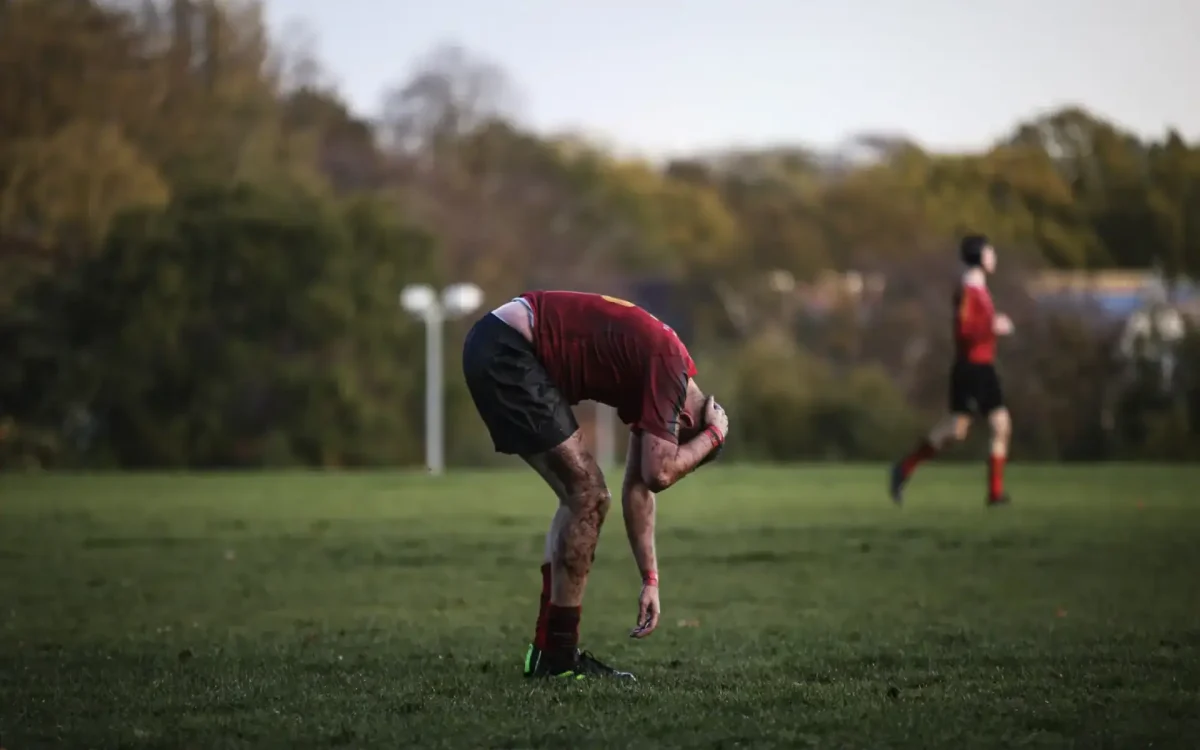“You don’t know what you’re doing! You don’t know what you’re doing!” The chant rings out across the terraces. I look over to my brother who is standing next to me. “Who would be a ref, eh Kyle?” he says to me, smiling.
Every weekend thousands of people turn up to play competitive football. They all rely on referees. But, sometimes, you wouldn’t know it from the way those referees are treated. Abuse towards grassroots referees is at its all-time highest, according to the charity Ref Support. They found that 94.7% of match officials had been physically or verbally abused during a match at some point in their career. 60% of referees say they experience some form of abuse at least every two games.
I’ve been a referee myself for more than four years now, so I know all about abuse towards match officials. It’s a role I thoroughly enjoy, and I have met some fantastic people. But as I’ve climbed the refereeing ladder to progress to a Level 5 Senior County Referee, I’ve accumulated my share of horror stories. I remember one blustery autumn morning, and a game I’d volunteered to cover at short notice. Two players disagreed with some of my decisions that morning, and they chose to respond with threats and grotesque, sexualised intimidation. For weeks afterwards, I wasn’t sleeping properly. My confidence was shattered. I was hardly eating. It was just a game of football.
